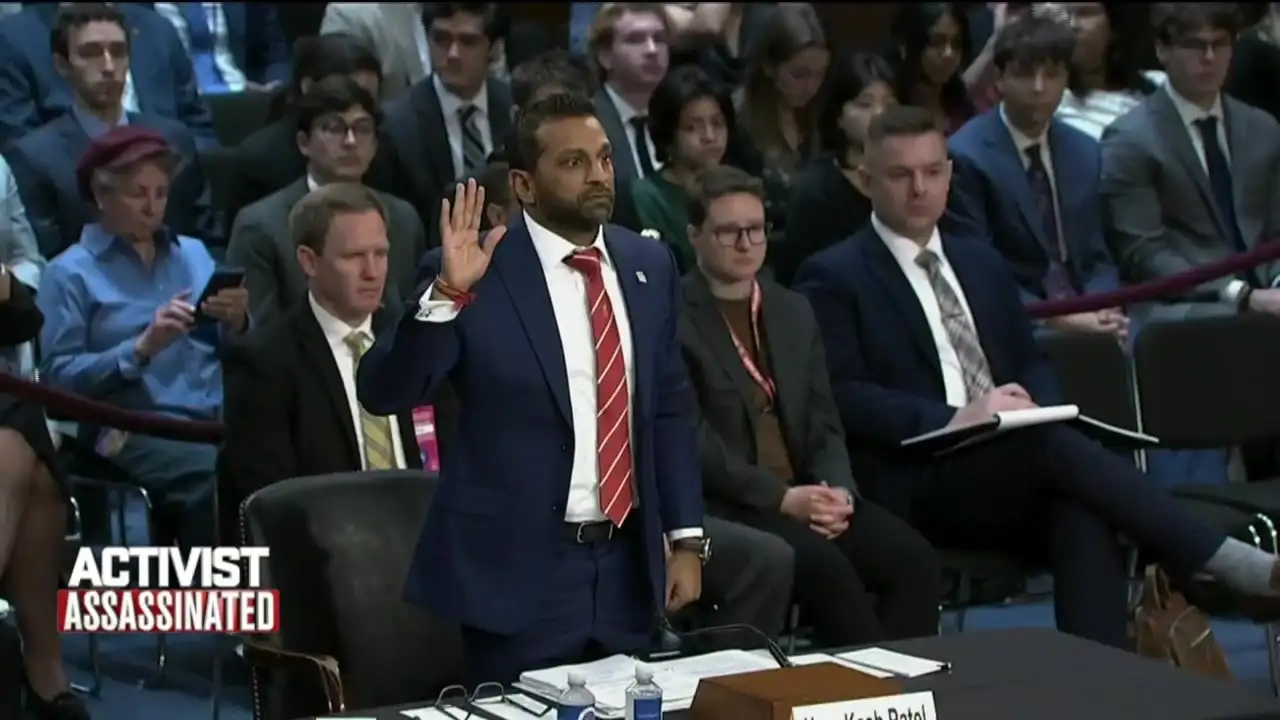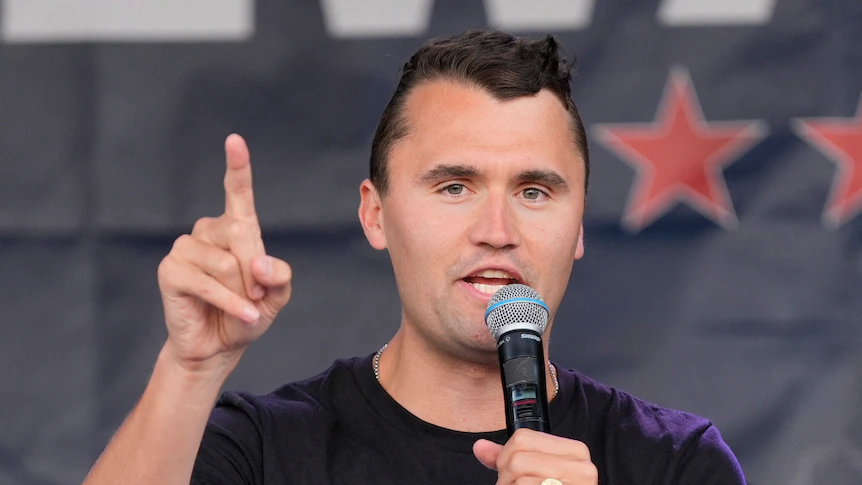By Julian Glover
Copyright independent

Politics is a terminal business. Everyone goes in the end, mostly unwillingly, often unhappily, sometimes in humiliation. There’s anger and shame, picked over in columns like this, which try to work out what the latest sacking or resignation might mean. Is this shock loss a fatal blow to the government? What does it say about the prime minister’s judgement? The sort of nice, easy, open-ended media babble that is cheap to create, leads to much speculation, but doesn’t, in the end, matter at all.
Most political departures are just noise. Scandals get forgotten. People slip from the news. Something else more exciting or important happens. Can anyone remember why, say, Damian Green had to go in 2017? Or Hazel Blears in 2009? Or Beverley Hughes in 2004? Can anyone, other than their closest friends, remember that they were once front-line politicians at all?
This is just how things flow, and that is why it will be only a matter of weeks before the details of even Angela Rayner’s resignation, which was of apparently overstated significance a few hours ago, will be forgotten. Her flat in Hove will be an obscure question in an end-of-year political quiz, and almost everyone will get the answer wrong.
There are reasons to think that the sacking of Peter Mandelson, after his emails with the disgraced financier Jeffrey Epstein were made public, might be different. For a start, Mandelson is that rare thing – someone who has stuck at politics for decades, a man of vast significance to his party’s history, with a grandfather in Clement Attlee’s post-war cabinet and a good claim to be the person whose strategic skills rescued Labour from doom in the 1980s and got it back into power. He’s brilliant and charismatic. His judgement is often spot on, except, of course, when it comes to himself. He matters, and so when he goes in spectacular style, that matters.
What matters too, of course, is that this is a moment that the government wanted to be a reset; now it is being dragged into the mire. Mandelson’s enemies, made over those years of party battles, are even talking of him losing his peerage: that’s absurd, unmerited and hasn’t happened for a century, but it’s a sign of how nasty this is getting. Labour risks sinking into the sort of revenge politics that have scarred its history, but that was mostly in opposition, not a year into power as the government tries to wipe the slate clean after a dismal start.
What happens next will be decided by the cynicism, vanity and idealism that lie inside Mandelson’s character. He isn’t the icy, calculating dark lord of myth – he’s emotional, sometimes jealous. He called his memoirs The Third Man because he saw himself as the equal of Tony Blair and Gordon Brown in the creation of New Labour, but never got the same respect. He doesn’t like being misrepresented, and right now – call it deluded or call it stupid – he doesn’t think he is in the wrong over his departure.
Against that, he has spent his life trying to get Labour governments into power. Twice, he has helped make it happen, and it’s not a record he will throw away. He is obviously furious with Starmer, but that’s just personal. The politics will win over that, and they point to keeping the left far from power and the prime minister, for now, in place. Mandelson wants to get his revenge. But he also knows his history. Just occasionally, the disastrous collapse of a career can break a government. He won’t want it to be his career that does that to a party which has shaped his life.



